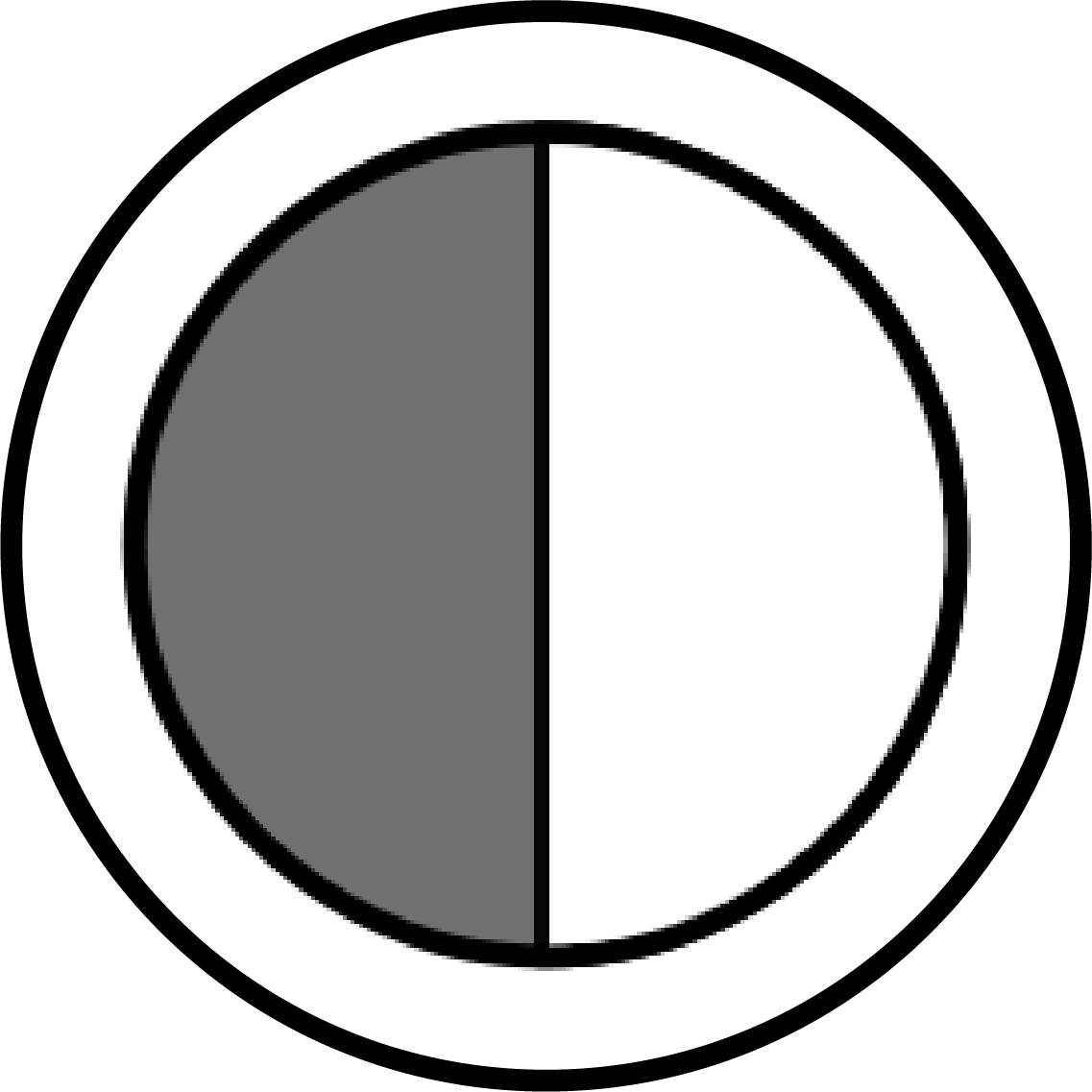
30/3/2014 Haifa. The Palestinian Arab citizens in Israel call for the recognition of unrecognized villages in the Naqab, and call for this demand to be a central activity of the 2015 Land Day.
The residents of unrecognized villages suffer from constant racism in the form of demolition of their homes, displacement, neglect, and persecution. The Naqab holds vast amounts of land from Beer Sheva to Eilat, on which reside 70 thousand Arabs under inhuman conditions unfitting to a developed country.
In the wake of the Israeli Ministry of Security's decision in 1976 to close 21,000 dunams of land in Deir Hanna, A`rrabe, and Sakhnin and announce it as a closed military zone, the Palestinian Arab masses joined The Committee for the Defense of the Lands in announcing the 30th of March as Land Day. The confiscation of these lands, which was only the first step in land expropriation, was part of what is called the Judaization of the Galilee, in favor of establishing Jewish settlements. The Local Councils in these villages had asked the Israeli government to nullify the decision, but had to resort to a general strike when the government refused to comply and cancel their closed military order.
Expropriation of Palestinian lands by the Zionist Movement commenced following the first Zionist conference in Basel, Switzerland, in 1897. The conference brandished the slogan: "A land without a people for a people without a land." Jewish groups from around the world were called upon to immigrate to the "Promised Land." In 1947, the United Nations recommended a division of Palestine into two states, one for Jews and one for Palestinians. Among the reasons why Palestinians rejected the U.N. partition plan was the fact that the land assigned to Palestinians was the smaller portion, containing mountains and no access to the sea, comprising only 47% of the land of Palestine; Jews owned only 6% of Palestinian land in 1947 and their population totaled 600,000 while Palestinians totaled 1,300,000. (Reverend Shehadeh Shehadeh)
The Israeli government, headed by Mapai in 1976, continued to confiscate Arab land by announcing it as closed military zones, and even tried to recruit Arabs to its cause. When strikes were announced and demonstrations took place in Arab villages, the Israeli government failed to suppress the demonstrations, yet their attempt led to the killing of 6 Arab citizens, the injury of hundreds, and the arrest of a large number of people among them Arab leaders. Land Day became a turning point in the relationship between the Arab masses, Israeli governments, and the leading party Mapai.
Palestinian Arabs in Israel continued their liberation from oppression and fear, elevated their demands, and national political support became the stance of the majority of our masses. Since that day Arab citizens elect their national leadership in local councils and political parties, and for the first time the Palestinian Liberation Organization has adopted the stance of the Arab masses in Israel and announced Land Day as a national day for the Palestinian people. This day depicts the struggle for the right to property, national rights, and the right to a dignified life in our nation.

























